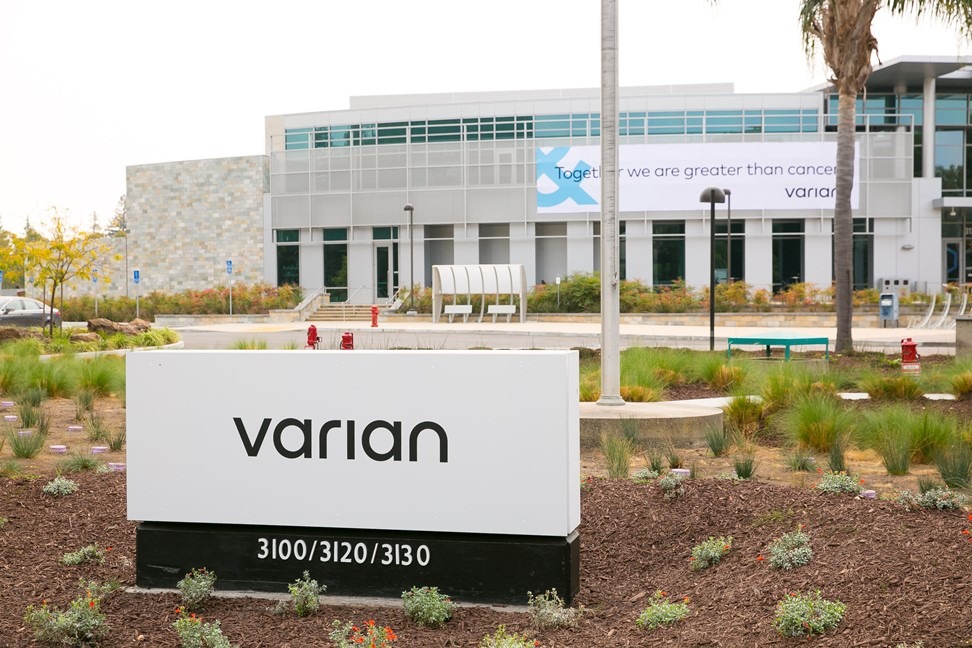
Known as Flash therapy, it is a non-invasive therapy for cancer delivering high doses of radiation in ultra-high-speeds (less than 1 second) and represents the potential for a major breakthrough in the treatment of cancer. The preclinical Flash therapy results presented at AACR showed reduced toxicity in healthy tissues and organs.
Conducted on a clinical device capable of translation to humans, the Flash therapy preclinical tests, compared to conventional proton treatments, displayed 25-30 percent less damage to lung tissue, resulting in less fibrosis of the lung, and an average of 35 percent reduction in skin dermatitis during treatment.
“Since announcing in October 2018 the ongoing research programs of our Global Translational Science team on Flash therapy and the formation of the FlashForward Consortium, we have received strong interest from across the cancer community to learn more about this potential new treatment and our preclinical results,” said Dee Khuntia, MD, chief medical officer, Varian. “Previously released studies on ultra-high dose rate treatments were done using experimental radiotherapy equipment. It is exciting to share for the first time, preclinical results of proton Flash therapy on a clinical device and offer a clearer picture of this possible major breakthrough in cancer treatment.”
The FlashForward Consortium, comprised of 14 cancer centers, is focused on preclinical research, clinical implementation and advocacy efforts of Flash therapy. Working groups in the FlashForward Consortium are identifying preclinical study design for understanding this therapy, developing and sharing protocols that will enable a safe and quality clinical start for new users, and assist with regulatory and advocacy efforts.
“Partnering with Varian’s Global Translational Science team on the first proton Flash pre-clinical study, and being one of the founding members of the FlashForward Consortium, is a significant step in building a foundation of research and bridging the gap to patient benefits in this potentially game-changing therapy,” said William F. Regine, MD, The Isadore & Fannie Foxman Chair and Professor, Department of Radiation Oncology at the University of Maryland School of Medicine, and Executive Director of the Maryland Proton Treatment Center. The pre-clinical study was led by Zeljko Vujaskovic, MD, PhD, Professor of Radiation Oncology and Director of the Division of Translational Radiation Services, and Lauren Jackson, PhD, Associate Professor of Radiation Oncology and Deputy Director of Translational Radiation Sciences.
Source: Company Press Release






